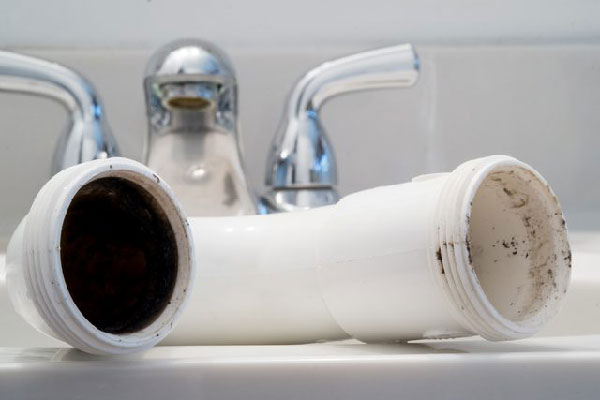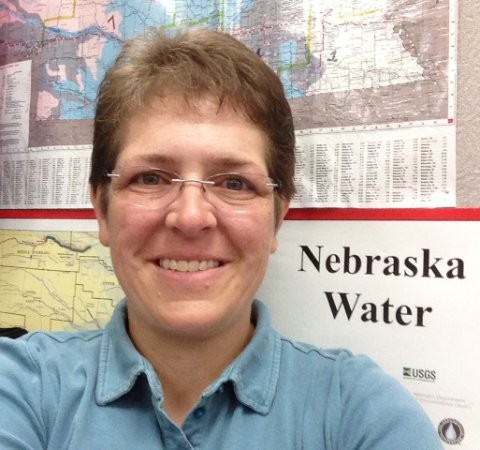Discolored water. A strange odor. Stained ceramic fixtures such as tubs, sinks and toilets. Discolored clothes, towels and dishes. Reduced water pressure. These are all some of the potential impacts from high levels of iron and manganese in your water supply.
Black or brownish-black or reddish-brown staining can indicate the presence of higher levels of manganese or iron in water. The stains are not easily removed by common household cleaners and some may even intensify the stains. Manganese and iron are naturally occurring metals in soils. Higher levels of iron and manganese is not an uncommon occurrence in Nebraska because of naturally occurring soil types and hydrogeologic conditions.
Secondary Contaminants
The United States Environmental Protection Agency (EPA) classifies iron and manganese as secondary contaminants. Secondary contaminants are substances that can alter the taste, odor and color of drinking water. They can also have impacts on the structure or function of the water system within the home, the water well itself or, as noted above, personal belongings and home fixtures. Generally, secondary contaminants do not pose significant health risks.
Iron or manganese bacteria is a common problem when there are elevated levels of iron or manganese in water. These bacteria, unlike other bacteria such as e-coli or total coliform, do not pose a health risk but they are often the cause of blackish or reddish slime that builds up in toilet tanks or within the pipes within your water system. Manganese and iron deposits in pipes and other water fixtures can cause significant impact to your water system or energy costs.
Testing & Treatment
If you notice staining or discoloration you should begin by having your water tested to determine iron and manganese levels or the presence of iron and manganese bacteria. The test results can then be used to determine appropriate treatment or mitigation options.
The most common treatment options for iron and manganese in water are ion exchange water softeners, oxidizing filters, aeration followed by filtration, and chemical oxidation followed filtration. These treatment options are all considered point of entry (POE) treatment methods and therefore provide treatment to all areas of your home’s water system.
Shock chlorination is a common treatment method to remove iron and manganese bacteria. Shock chlorination is a process involving introducing a chlorine mixture directly into your well and thoroughly flushing that chlorinated water through your home’s water pipes and the well components. It is an effective but often short term method. Repeated shock chlorination treatments can cause corrosion or damage to well components. A call should be placed to a water treatment or water well professional if frequent shock chlorination is treated to determine possible alternate treatment methods and inspect the well components and well itself.
For more information on manganese and iron, treatment options, or other drinking water concerns visit: http://water.unl.edu/drinkingwater

